Rogue's Team Dynamics: Avengers Vs. X-Men
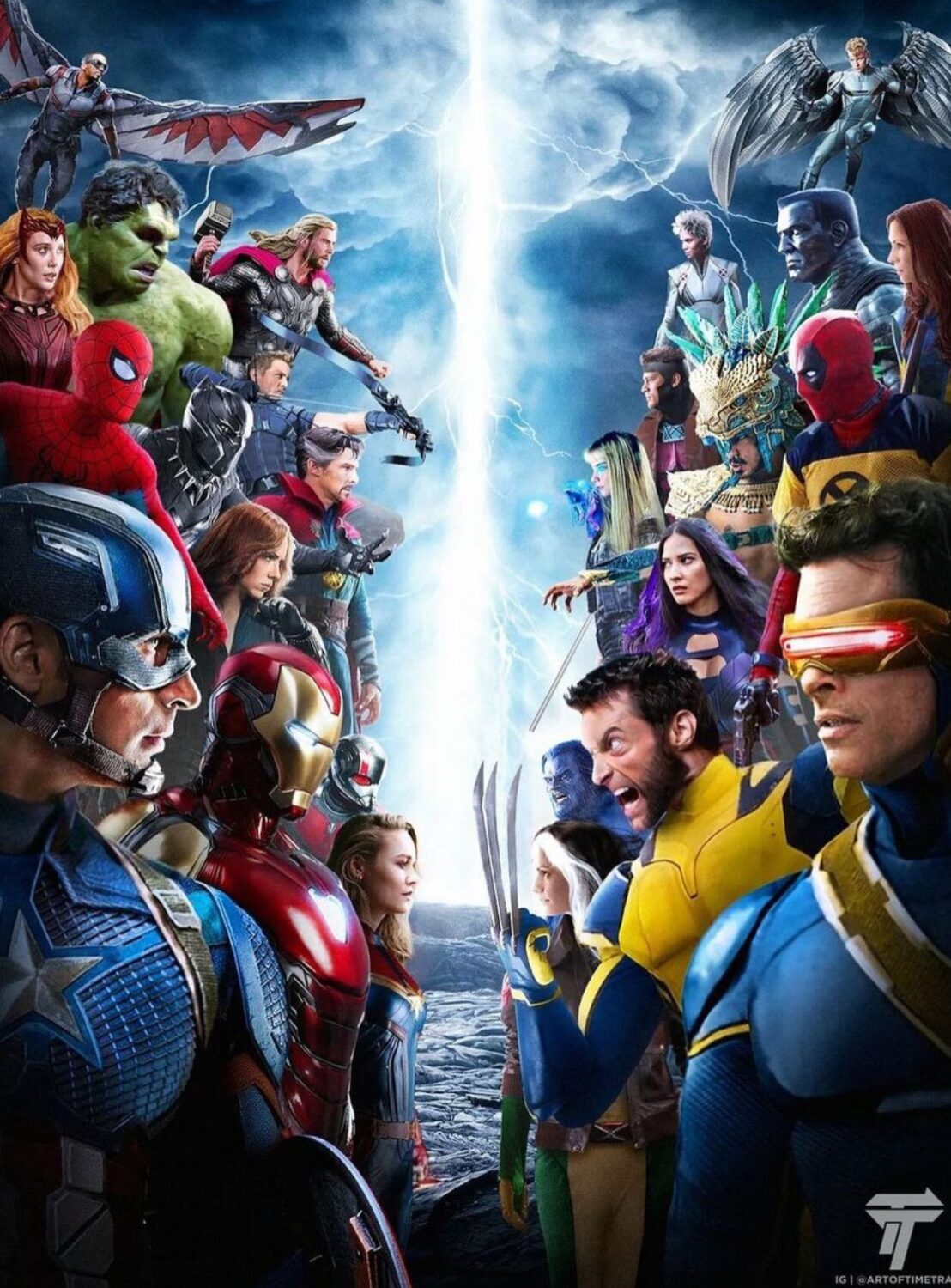
Table of Contents
Rogue's Time with the X-Men: A Family of Outcasts
Understanding the X-Men's Family Dynamic
The X-Men are more than just a superhero team; they are a family, a community forged in the crucible of shared persecution and mutual understanding. Professor X’s vision emphasizes acceptance and the embrace of diversity, creating a powerful sense of belonging for mutants often ostracized by the human world. This familial bond fosters a unique team dynamic.
- Support and Shared Struggles: The X-Men offer a haven for Rogue, a place where her mutant abilities, often seen as a curse, are understood and, to a degree, accepted. Professor X's guidance and the support of her teammates provide a crucial counterpoint to the isolation she's experienced elsewhere.
- Controlling Her Powers: Within the X-Men, Rogue constantly grapples with controlling her powers, a struggle that's understood and addressed by the team. While this presents ongoing challenges, the team works to support her efforts, offering empathy and practical strategies for managing her abilities.
- Key Relationships: Rogue’s relationships with the X-Men are complex and multifaceted. Her bond with Gambit, a fellow mutant with a similar roguish nature, offers a unique understanding and support. Her complicated relationships with other team members, shaped by both her powers and her past, reflect the family dynamics within the X-Men. Storm, in particular, acts as a mentor, providing guidance and support for Rogue’s growth.
Rogue's Experience with the Avengers: An Outsider Among Heroes
The Avengers' More Individualistic Approach
In stark contrast to the X-Men's familial structure, the Avengers operate with a more individualistic approach. Their focus tends towards individual missions and less emphasis on deep-seated emotional connections. While incredibly heroic, the Avengers operate with a different set of values and priorities.
- Individualism vs. Unity: The Avengers’ less unified approach often highlights Rogue's outsider status. While appreciated for her power, the more independent nature of the team means Rogue doesn't receive the same level of understanding and acceptance as within the X-Men's close-knit community.
- The Challenge of Rogue's Absorption: Rogue's absorption powers present a unique challenge to the Avengers' team dynamic. Her accidental incapacitation of other heroes through uncontrolled power usage creates conflict and friction, contrasting sharply with the more forgiving environment she finds within the X-Men.
- Interactions with Avengers: Her interactions with the Avengers, particularly Captain America's leadership and Wolverine's complex relationship with her, demonstrate the differences in team philosophy. The emphasis on individual heroism sometimes overshadows the emotional nuances of her struggles.
Contrasting Team Dynamics and their Impact on Rogue
The Influence of Team Philosophy
The contrasting philosophies of the X-Men and the Avengers profoundly shape Rogue's self-perception and behavior. Each team's approach to conflict resolution, acceptance, and understanding significantly influences her personal growth.
- Moral Compass: Her experiences with both teams shape her moral compass. The X-Men's emphasis on acceptance challenges her inherent self-doubt, while the Avengers' focus on individual responsibility forces her to confront her own actions and their consequences.
- Personal Growth Through Conflict: Each team’s method of conflict resolution affects Rogue’s personal growth. The more emotionally driven approach of the X-Men allows for greater understanding and healing, whilst the Avengers' more direct approach pushes Rogue to become more independent and self-reliant.
- Emotional Toll: The emotional toll of her powers weighs heavily on Rogue. Both teams offer varying levels of support, yet the constant risk of unintended harm creates a lasting emotional impact that informs her decisions and relationships within each team.
Conclusion: Rogue's Journey Through Team Dynamics
Rogue's experiences with the X-Men and the Avengers highlight the profound impact of team dynamics on individual character development. The X-Men's emphasis on community and acceptance fosters a sense of belonging and facilitates her personal growth, while the Avengers' more individualistic approach challenges her to confront her insecurities and develop greater self-reliance. Understanding these contrasting team structures is crucial to fully appreciating Rogue's complex character arc within the wider Marvel universe. Delve deeper into Rogue's story and analyze her Rogue's team dynamics in different Marvel comics and storylines to gain a more comprehensive understanding of her compelling journey. Explore Avengers vs. X-Men analysis to further your understanding of Marvel Comics team dynamics.

Featured Posts
-
 Is Bitcoins Rebound Just The Beginning A Deep Dive Into Market Predictions
May 08, 2025
Is Bitcoins Rebound Just The Beginning A Deep Dive Into Market Predictions
May 08, 2025 -
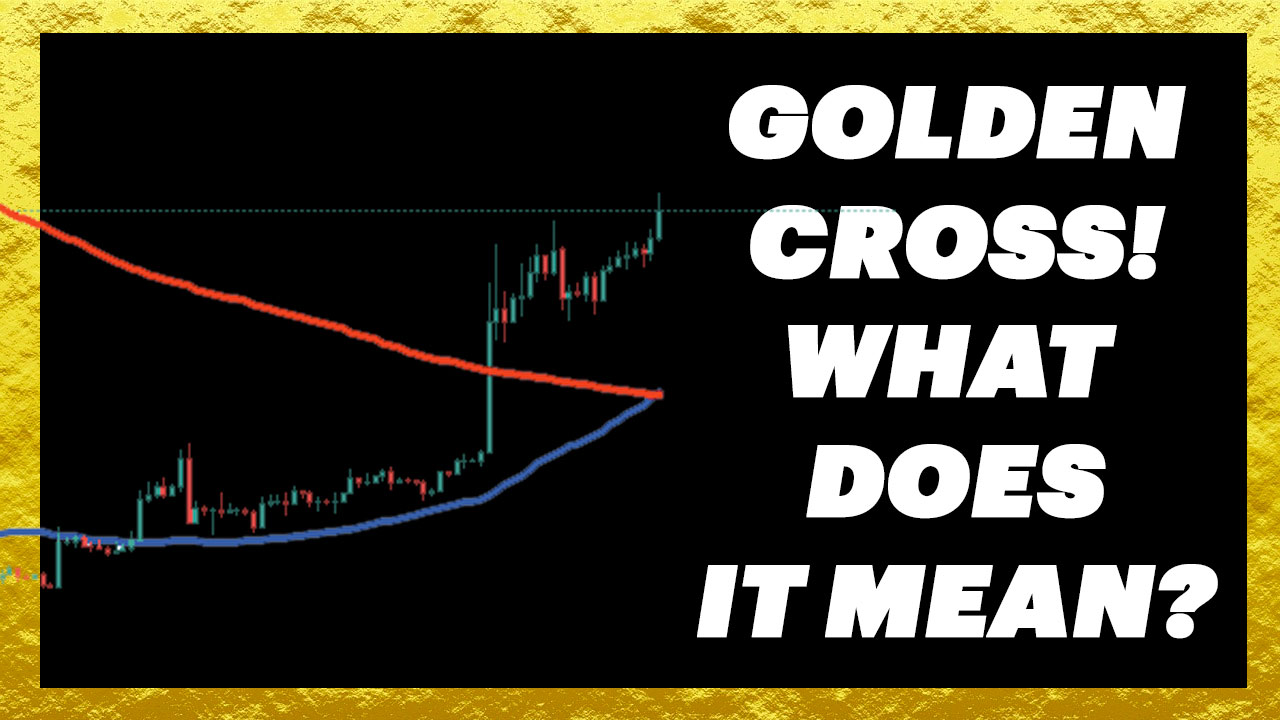 Bitcoin Golden Cross A Rare Signal What To Expect Next
May 08, 2025
Bitcoin Golden Cross A Rare Signal What To Expect Next
May 08, 2025 -
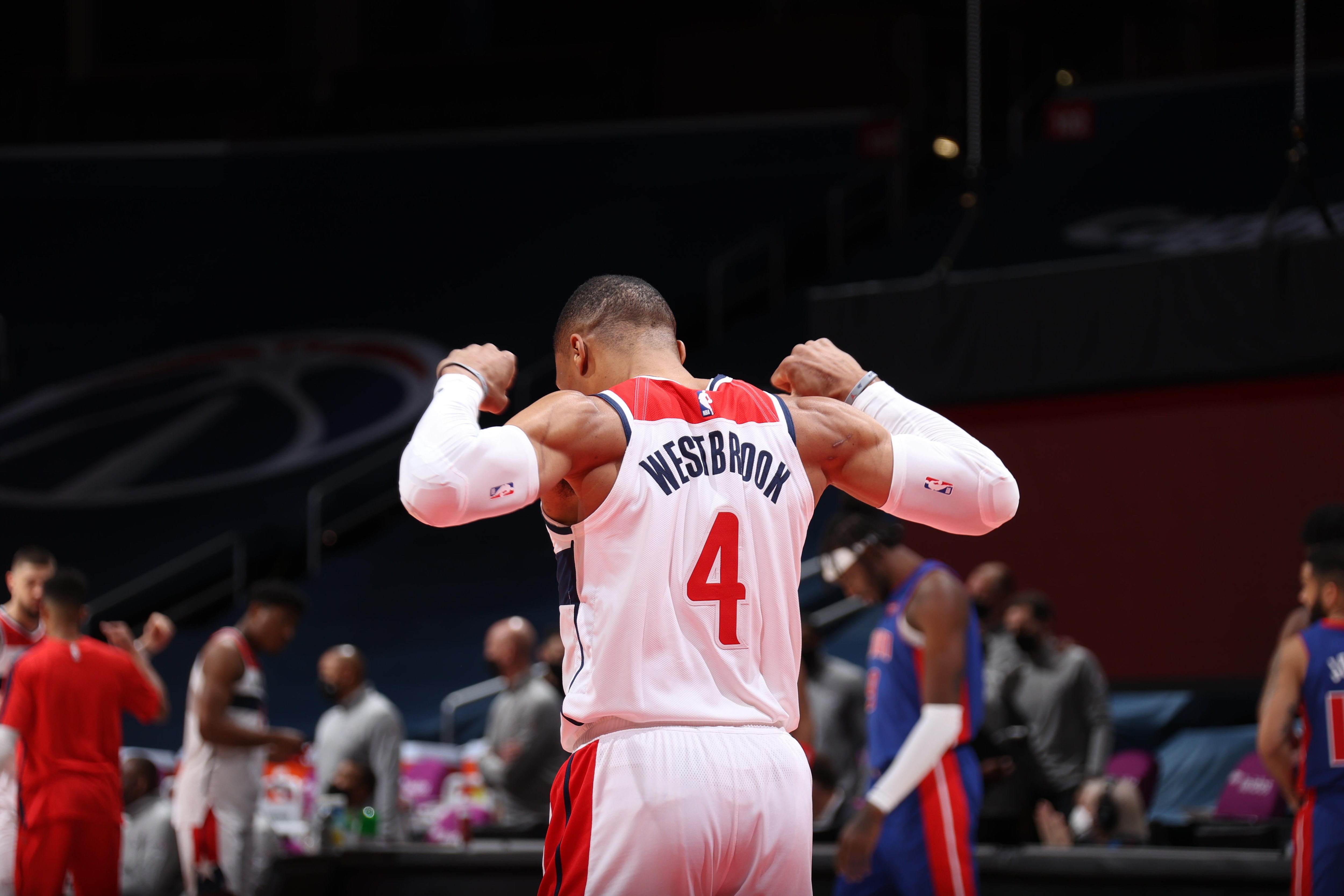 Nba Playoffs Triple Doubles Leader Quiz Test Your Basketball Knowledge
May 08, 2025
Nba Playoffs Triple Doubles Leader Quiz Test Your Basketball Knowledge
May 08, 2025 -
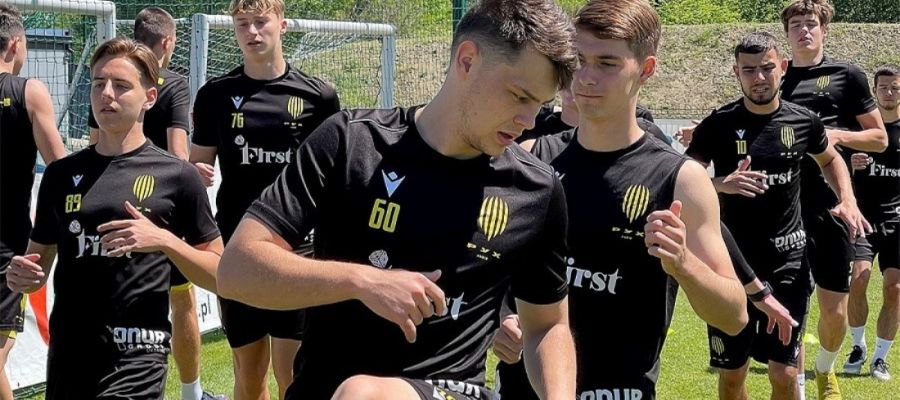 Arsenal Ps Zh Polnaya Istoriya Protivostoyaniy V Evrokubkakh
May 08, 2025
Arsenal Ps Zh Polnaya Istoriya Protivostoyaniy V Evrokubkakh
May 08, 2025 -
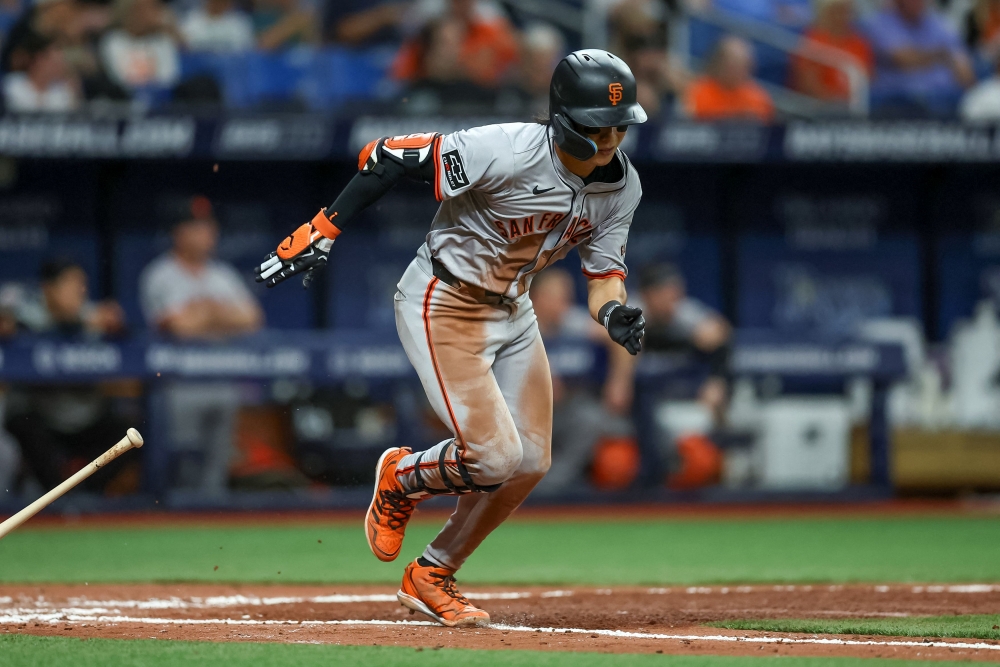 5 3 0 355
May 08, 2025
5 3 0 355
May 08, 2025
Latest Posts
-
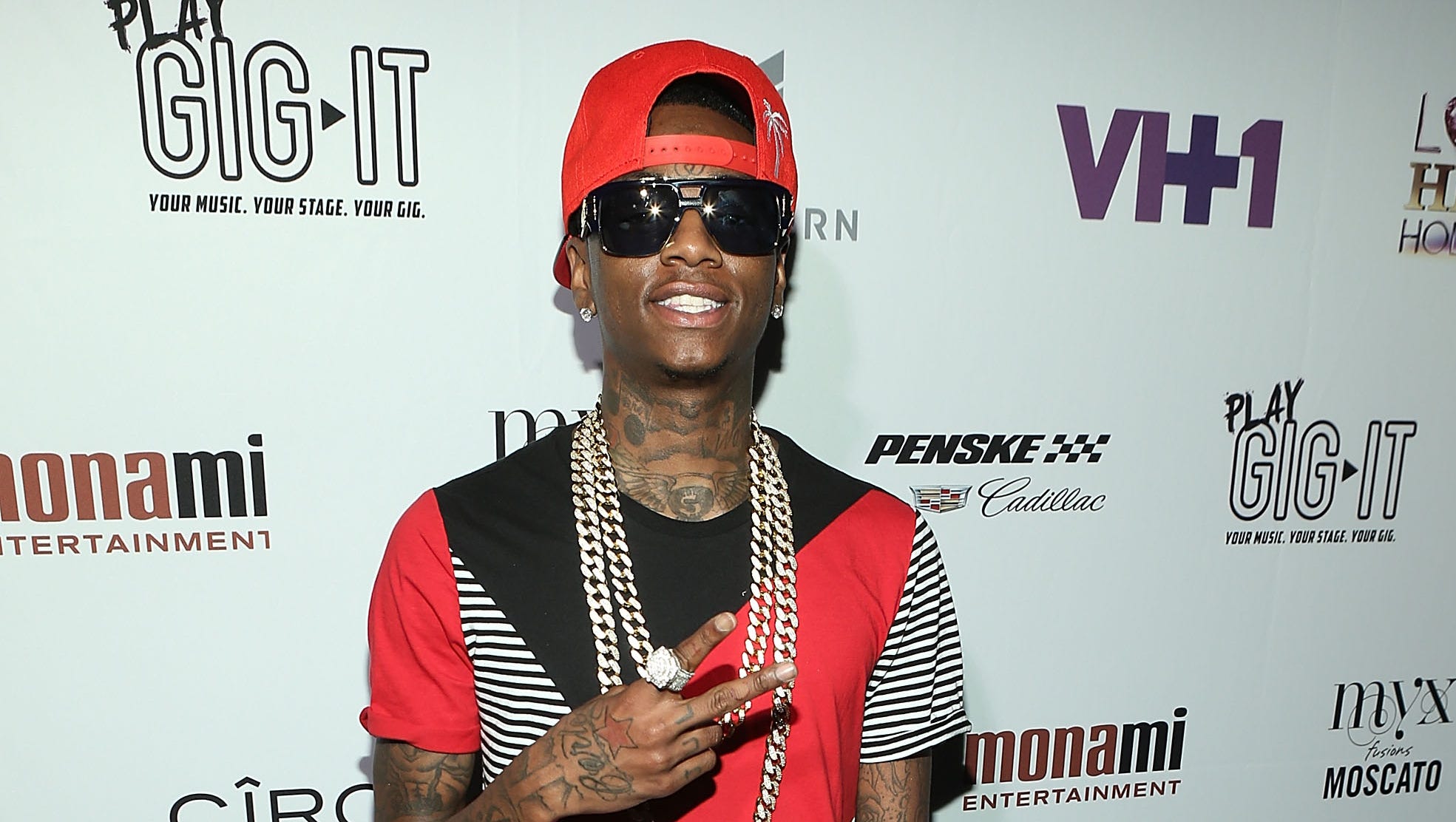 6 Million Verdict Against Soulja Boy In Sexual Assault Lawsuit
May 08, 2025
6 Million Verdict Against Soulja Boy In Sexual Assault Lawsuit
May 08, 2025 -
 Nba Playoffs Triple Doubles Leader Quiz Test Your Basketball Knowledge
May 08, 2025
Nba Playoffs Triple Doubles Leader Quiz Test Your Basketball Knowledge
May 08, 2025 -
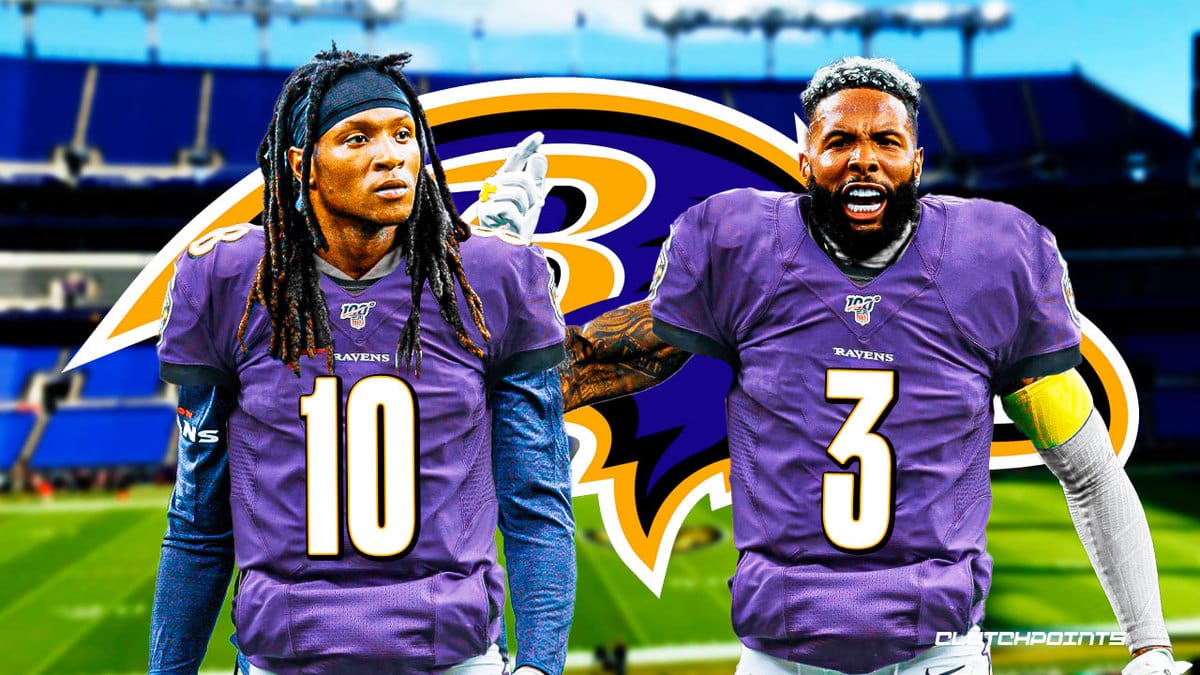 Hopkins To Ravens Breaking Down The 1 Year Contract Signing
May 08, 2025
Hopkins To Ravens Breaking Down The 1 Year Contract Signing
May 08, 2025 -
 Sarkisian Offers Injury Update On Texas Longhorns Spring Practice
May 08, 2025
Sarkisian Offers Injury Update On Texas Longhorns Spring Practice
May 08, 2025 -
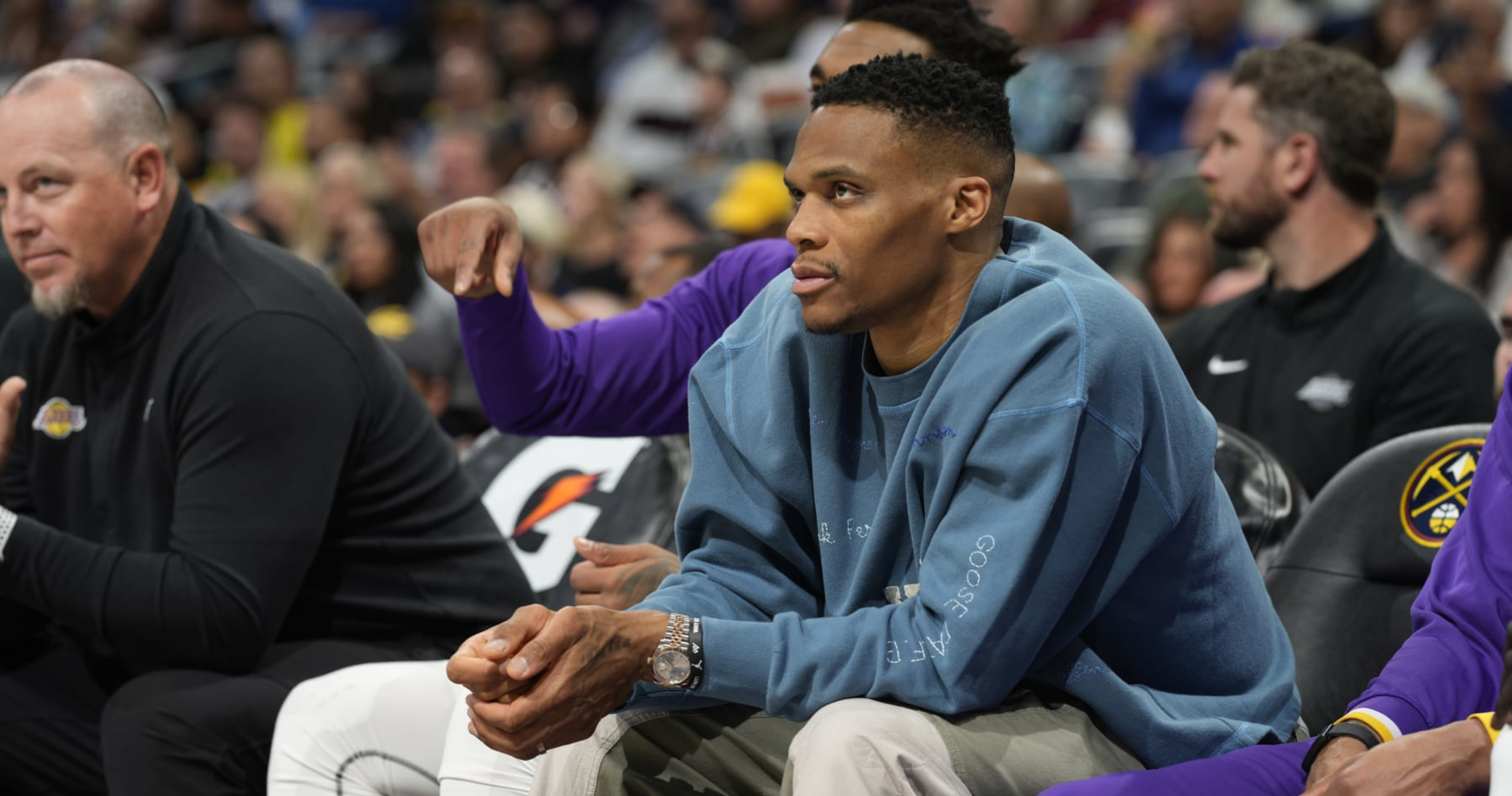 Nuggets Player Responds To Russell Westbrook Trade Rumors
May 08, 2025
Nuggets Player Responds To Russell Westbrook Trade Rumors
May 08, 2025
